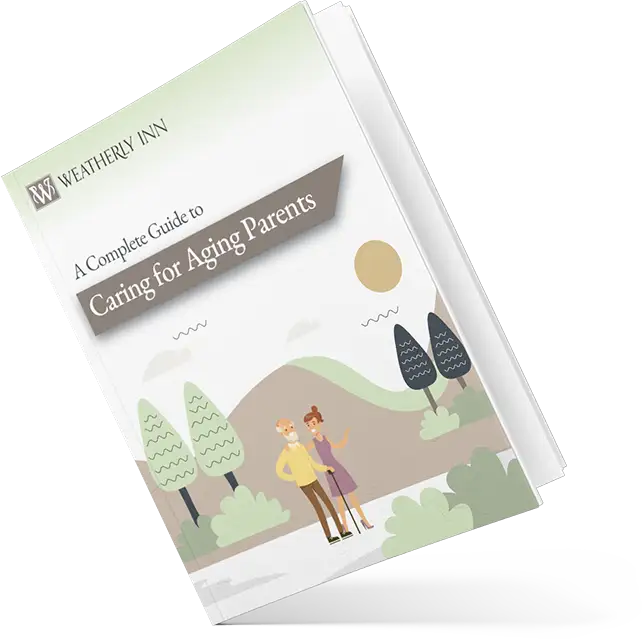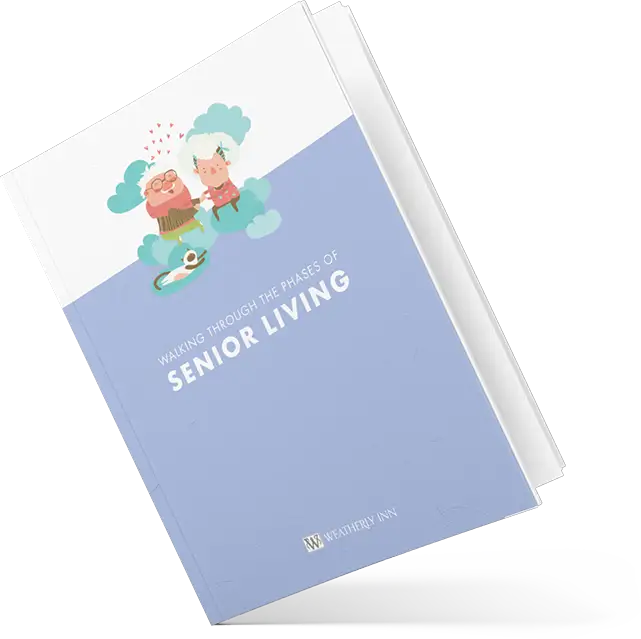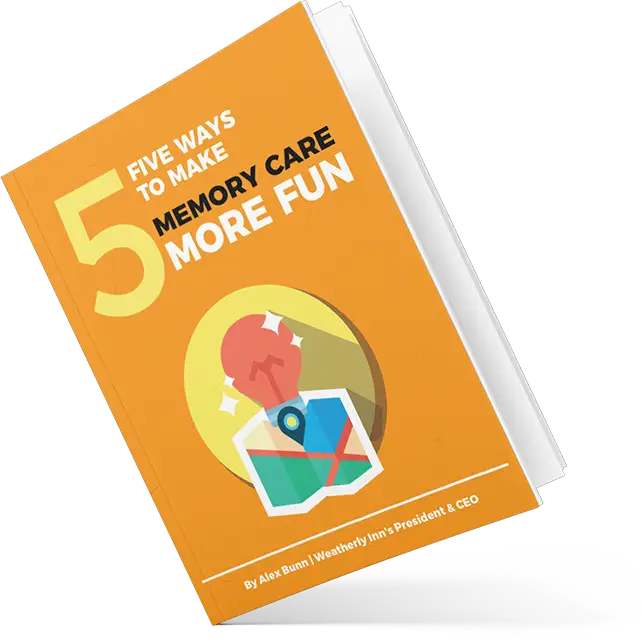August 21, 2017

Having a loved one in need of Assisted Living can be overwhelming. A first time “shopper” is faced with hundreds of options, difficult financial questions, sensitive medical problems, and complicated family dynamics. In order to narrow the field and simplify the process, you should first consider the Four Cs of Your Assisted Living Search: Care, Cost, Clock, and Choice.
Care
What Level of Care do we need?
Start with a list of services and support you will need immediately and continue with a list you may need in the future. You or your loved one may be completely independent now but if moving a second time does not appeal to you, you should look for a community that can handle your would-be needs in addition to your current needs.
To help, here are some defining characteristics and examples of support typical of the different types of communities.
Independent Living
- Meals
- Activities
- Housekeeping
- Transportation
Assisted Living
- All services available in Independent Living
- Medication Management
- Shower Assistance
- Dressing Assistance
- Incontinence Care
- Call Systems
Memory Care
- All services available in Assisted Living
- Secured exterior doors to prevent wandering
- Specialized activities programs
- One-on-one feeding assistance
- Higher staff-to-resident ratios
Skilled Nursing/ Rehab Facility
- Constant nursing attention
- Physical Therapy
- Post-hospital rehabilitation
- Most often used for short-term care
Many facilities will complete a free assessment to help determine the level of care your loved one will need.

Cost
How much can we afford?
First, make sure you have a clear picture of your financial resources. Start with your income and assets but make sure you uncover any eligibility for long-term care insurance, veteran’s or surviving spouse’s benefits, or pension benefits. A Senior Living Advisor can help you to understand and explore these options.
From here you can establish a budget and work to eliminate some options that fall below or above your price range.
Before you select a community because it seems to be the most affordable, make sure you understand what will be included in the quoted cost and how that cost might change if your loved ones level of need changes. Some communities charge extra for meals, housekeeping, or transportation. Some communities start with affordable rents but rates skyrocket when a resident is in need of additional care. Be sure you are familiar with a community’s included amenities as well as the potential cost of care.
Clock
How soon do we need to make a decision?
Is there a discharge from hospital or rehab? Is there a lease that is going to expire? Timing can be a deciding factor for what community makes the most sense. A longer timeframe will make a smooth transition easier and will also expand your options. If you need to find a community in a shorter timeframe, you’ll want to make sure your community of choice has a room, can complete an assessment, and obtain all necessary paperwork. Be upfront about your timeline with the communities you are researching. They may be able to help expedite the process or work with a rehab facility or hospital to allow for more time.
Choice
How are we going to make this choice?
You will need to consider who will be involved in the process before you can make a final decision. For example, if you share Powers of Attorney with your siblings, it will be important to involve them early in the process. It is not uncommon for a family to get very close to a decision only to realize one of the key decision-makers is not onboard and the move falls apart.
In an ideal world, all of the decision-makers are able to tour communities and make decisions together. As this is rarely the case, with conflicting schedules and out of town family, strong communication is vital. Work with your family to come up with a list of “needs” and a list of “wants” before you tour. This list may change as you learn more, but it will help establish what is most important to you. After you have started touring, let your family know which communities you have toured and, if you think a community is a good fit, schedule a tour for them when possible. Visits are critical to deciding fit. Stepping foot into the community is the only way to know that the atmosphere and morale are positive, that the community looks and smells clean, and that you feel welcomed. It may take several visits with different groups, but more people on board means a better likelihood of a good fit.
———-
By narrowing down these four categories, your search will become more focused and you will be able to speak more confidently about your loved one’s needs. As you tour, having the answers to these questions will help eliminate communities that won’t work and will highlight the communities that will. If you are having difficulties with this process, reach out to a Senior Living Advisor at 253-752-8550 or contact us.




